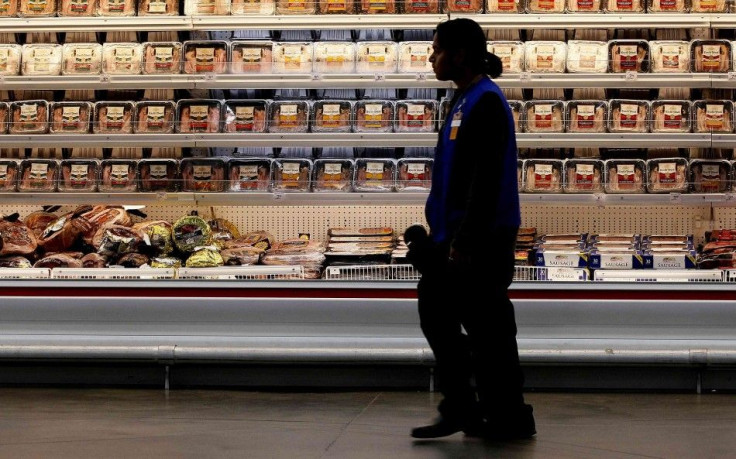US Meat Labelling Laws: Canada Mulls Retaliatory Action If Appeal to WTO Fails

The trade war between Canada and the U.S. may escalate if Canada's concerns on the U.S. meat labelling laws are not addressed. According to Canada's agriculture minister Gerry Ritz, if Washington does not change its country of origin labelling laws in compliance with World Trade Organisation rulings in the months to come, Canada will be forced to impose retaliatory tariffs on a number of U.S. goods, including beef, orange juice and wine, by the coming summer.
US Appeal
In November, the United States filed its final appeal against the WTO ruling, challenging the observation that the U.S. meat labelling laws, COOL, is discriminatory in its approach to Canadian beef and pork exports, said a news report in whatsupic. The COOL rules demand that all packaged meat must identify where the animal was born, raised and slaughtered. While supporters affirm that the U.S. law is great because it better informs the consumers, the detractors say segregating animals and tracking them enhances the costs of the producers and infringes the provisions of free-trade agreements.
Canada claims that the U.S. policy burdens Canada's pork and beef industries by more than $1 billion a year. The Canadian minister noted that "the clock is ticking and American administration must know it". Ritz said Canada is awaiting a ruling by the WTO on the U.S. appeal by June 2015. In case, Washington loses the appeal and does not take remedial action, Canada will seek permission from the trade organisation to clamp retaliatory sanctions against the U.S. Ritz indicated that Canada will not hesitate to act and add more items to the trade sanction list that already covers pork, cheese, apples, corn, maple syrup, chocolate, pasta, jewelry and mattresses. "At the end of the day you can be assured that we are not going to blink", the Canadian minister said.
Canada's beef industry is peeved at the way the U.S is pursuing a rigid stand despite the latest trade ruling and is wondering if Washington can fix the COOL barrier in time. The United States is hoping to reverse the WTO ruling against it. Canada and Mexico won a favourable WTO ruling three years ago that said the U.S. rules have discriminated against imported meat from these two countries, reported Yahoo Trade News. But the U.S. opted to appeal all the time.
Congress Direction
The U.S thinking on the issue was evident from the statement made by U.S. Agriculture Secretary Tom Vilsack, who said the Obama administration needs direction from the Congress on meat-labelling legislation. The Congress has sought a report from the Agriculture secretary by May 1, on the changes to be made to COOL to make it compliant with the WTO. However, John Masswohl, a spokesman of the Canadian Cattlemen's Association, said the beef industry in Canada will not be satisfied until Washington reverses the COOL law completely.





















